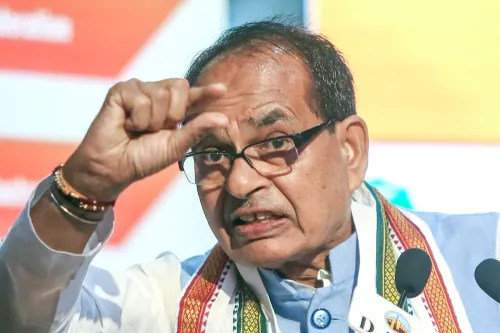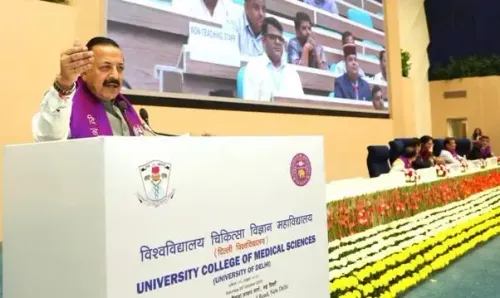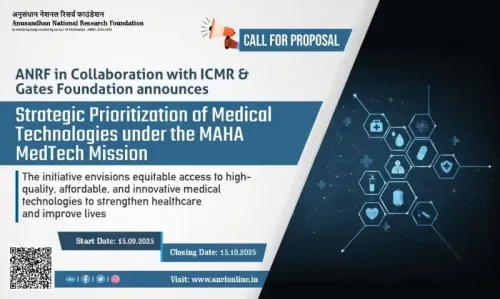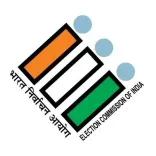Four Oral GLP-1R Drugs Compete for Approval, Led by Novo Nordisk: Report
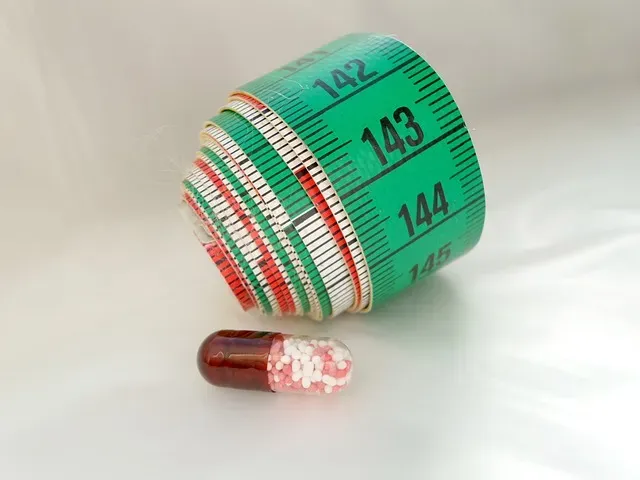
New Delhi, Dec 2 (NationPress) Four oral glucagon-like peptide-1 receptor (GLP1R) drugs, presently in Phase III trials, are vying for regulatory approval, as reported. This development follows the significant success of injectable GLP1R medications, including those from Novo Nordisk (Wegovy and Saxenda), Eli Lilly (Zepbound), and Shanghai Benemae Pharmaceutical (Yishengtai), which have been sanctioned for obesity treatment.
The report from GlobalData, a data analytics firm, indicates that a total of 63 drugs are actively being developed, with four in the Phase III stage racing to secure the first approval in this promising market.
Jasper Morley, a Pharma Analyst at GlobalData, mentioned that Novo Nordisk is at the forefront with four distinct products, split evenly between Phase III and Phase II trials.
“Both Novo Nordisk and Eli Lilly are striving to broaden their GLP-1R portfolios and solidify their standings as leaders in the oral GLP-1R sector for obesity,” Morley stated.
The Phase III product from Novo Nordisk, Rybelsus, has already received approval from the US Food and Drug Administration (FDA) for managing cardiovascular risk factors and Type 2 diabetes. The Danish firm is now set to expand its offerings to target obesity.
Additionally, the company’s Phase III candidate, NN-9932, is projected to launch by the end of 2025.
“NN-9932 boasts the highest success probability among all drugs in this category, with a 35 percent likelihood of approval (LoA),” Morley elaborated.
Moreover, Morley pointed out that Eli Lilly's Phase III candidate, orforglipron calcium, aims to become the first oral GLP-1R approved for obesity by 2026, marking it as the first GLP-1R to achieve approval as a small molecule.
The final Phase III contender is HRS-9531 from Jiangsu Hengrui in China. This drug is notable for being developed outside the major pharmaceutical corporations, emphasizing the growing interest from global entities in the competitive oral GLP-1R market.
Obesity is characterized by excessive fat accumulation stemming from an imbalance between energy intake (diet) and expenditure (physical activity). This condition has reached epidemic levels worldwide, creating a significant opportunity for pharmaceutical companies.
Morley highlighted that sales for GLP1Rs targeting obesity are expected to exceed $126 billion by 2030.
“Novo Nordisk and Eli Lilly have already enjoyed significant profits in the injectable market. However, the arrival of oral therapies is altering the landscape,” Morley noted.
While injectables have gained notable traction, they come with drawbacks, such as the need for administration in a clinical setting. The oral alternatives are poised to provide greater convenience, lower development costs, and easier marketing strategies, according to the report.

